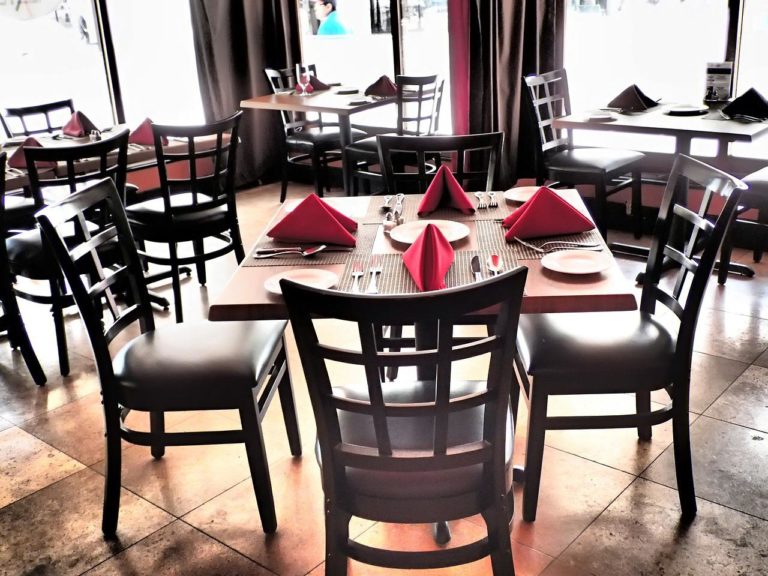A retirement or Care home should be safe and comfortable. But these facilities operate Group events which do not always run smoothly.
I lived in a Retirement Residence for almost a year. At the time, I was suffering from broken bones and head injuries because of frequent falls. Although I maintain that I am not sick, my balance has deteriorated, and I have relied on canes, walkers, and wheelchairs for many years.
I thought I would be less lonely with others around. But in residences, exercises, entertainment, and dining are all group activities. Sometimes the events are supervised by guest volunteers, lecturers, or specialists, but normally the responsibility for monitoring the safety of residents falls to in-house staff. I found the staff friendly enough, but they were not always around on evenings or weekends.
It Didn’t Take Me Long To Realize That “Group Therapy” Is Not For Me. I Have Lived Alone For So Many Years That I Have Become Accustomed To Doing What I Want When I Want, And With Whom I Want. There were a lot of changes to be made to my life in Residence.
The dining room constitutes the hardest adjustment for both residents and staff. For Staff, It Is Always A Matter Of Ordering And Serving In An Efficient And Timely Manner. For the residents, it is walking into a large dining room without knowing anyone or whether to sit alone or try to join an existing table. The problem is that often, if not always, the empty chair at a table is awaiting the arrival of one of the regulars. After several embarrassing situations where I was asked to leave the table, I chose to sit alone.
The serving staff was in short supply during most meals. They set the food down on my table, sometimes in front of me, but there was never any attempt to look around the room and see if anyone else needed their attention. As a result, residents never received missing items or were able to request anything else. Although no servers were in the dining room, laughter from the kitchen identified the location of the young men and women hired to wait tables.
One incident really upset me.
Bob and his wife, Beth, were in their late eighties but always active and cheerful. Then things changed.
Beth passed away suddenly, and Bob’s health declined rapidly. Although suffering grief and loneliness affects all those who lose their lifetime partner, the elderly have spent most of their lives together and they are lost without their mates. In Bob’s case, he became disoriented and angry. His family was aware of his erratic behaviour and were planning his transfer to a facility with a secure and safe unit and appropriately trained staff. In the meantime, the situation continued to worsen.
For a couple of days, Bob had been leaving the table during his meal and going into the stairwell, the mailbox area, the washrooms, and the halls, looking for Beth. When he did not return to finish his meal on this particular evening, six residents ended up looking after Bob.
Mrs Reid was first. She found Bob in the mailroom and brought him back to the dining room, but Bob said there was no one at his table and left again. Next, Bob was found in the reception area and Mrs Bentley led him back to the dining room. Then Mrs Smith found him in the lounge and talked gently to him while trying to steer him to his table. He would not budge.
In all, six old women searched for Bob, and eventually, Mrs Smith was able to keep him still long enough to push his security button calling for the unit’s staff to come down and help him safely to his room. The aide arrived several minutes later.
If only the dining room staff had witnessed Bob’s behaviour and called for the unit aide, things wouldn’t have gotten out of hand.
I expected the dining room staff to keep an eye on residents who posed a risk to themselves or others and to call for backup in such a situation as ours. At times, however, there was not a single server in the dining room so even if they were inclined to assist, it could not have happened.
Weeks after that night, The Food Manager advised me that Ministry guidelines prevent the dining room staff from touching a resident. I had seen them assist residents who had fallen many times, so I found this confusing. Were they right then or now?
Should care issues be left to A resident who is often frail and has no official training whatsoever? This night a dozen elderly residents were leaving their canes and walkers to help a fellow senior. That seems extremely dangerous for both parties. It is an accident waiting to happen.
If there are legal restrictions for the staff, are the good Samaritan residents liable for any injuries or for restraining another resident? Are we to sit idly by and let a fellow resident endanger him or herself?
Based on my experiences, I believe it is time for the Management of residences to have policies and care plans in place for such situations and advise their staff and residents of the pertinent facts. We need more guidance so that our families can stop worrying about us. We owe this to our fellow residents and to ourselves.

